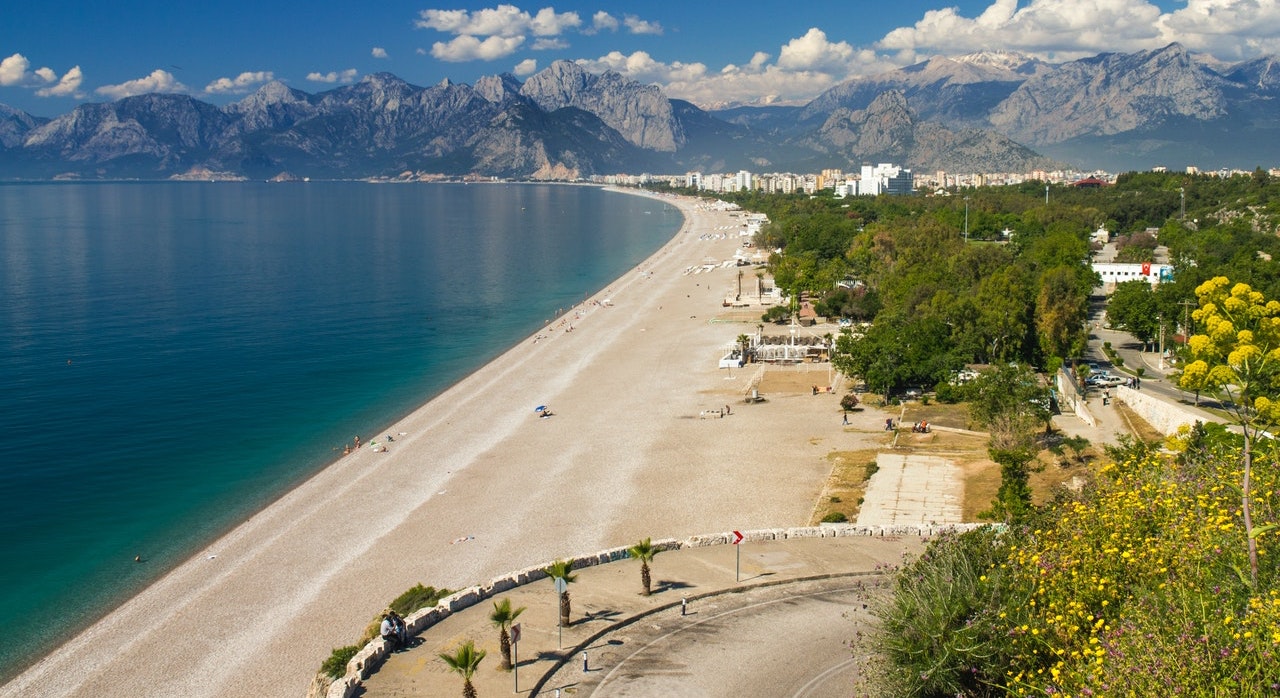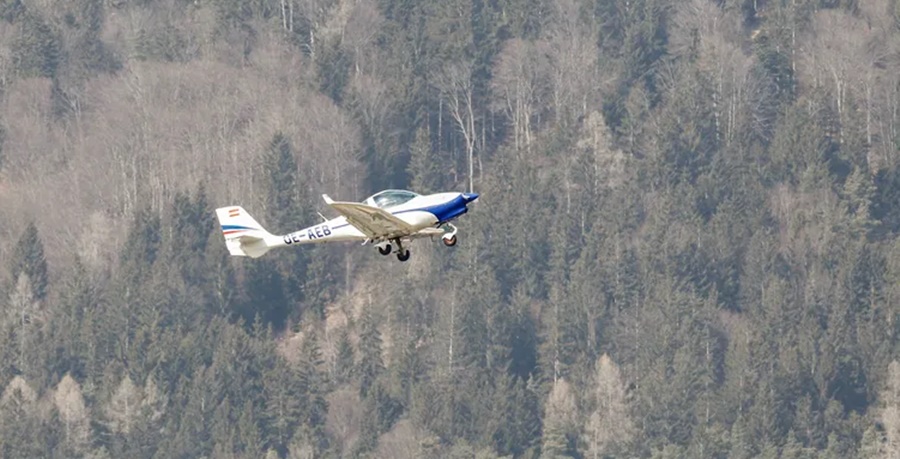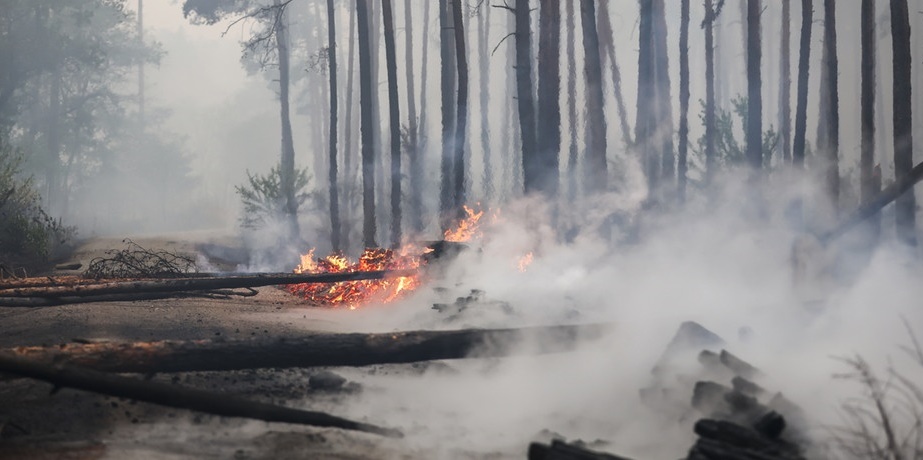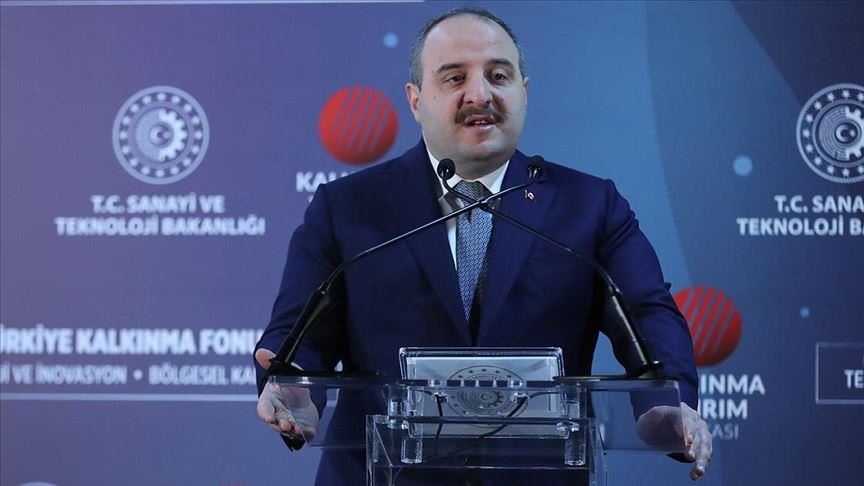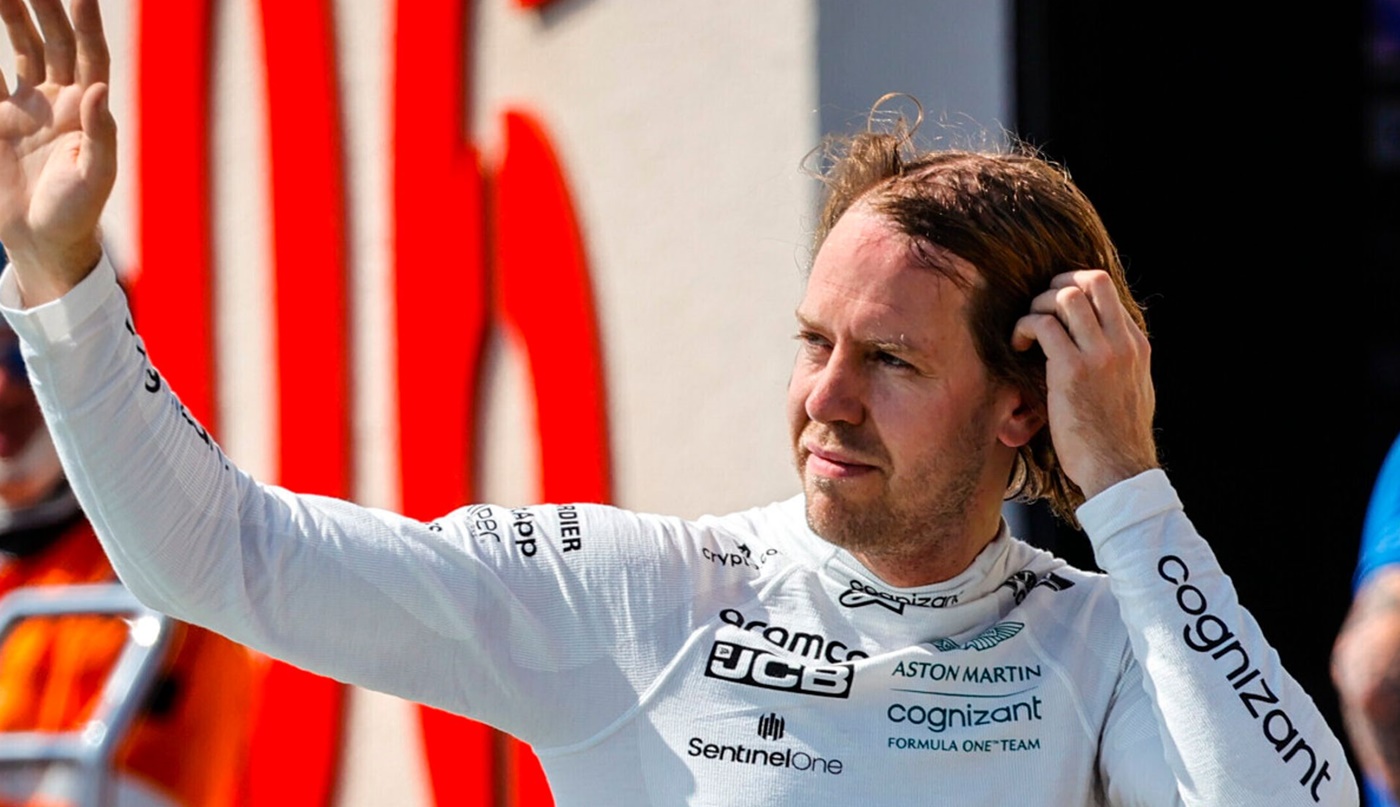[ad_1]
Estonian Prime Minister Kaja Kallas solutions journalists’ questions, arriving in Brussels earlier than the extraordinary assembly of EU leaders, the place Ukraine, protection and power points are mentioned.
Regardless of the turmoil in her personal authorities, Kallas was intent on sending a message to the remainder of the world about yielding to Russian calls for on Ukraine.
Kallas is the thirteenth prime minister of Estonia because the declaration of independence of the Baltic state in 1991, though he’s stated to be 45 years previous, 12 years previous on the time of the autumn of the Berlin Wall, has already confirmed to be one of the vital troublesome for Moscow.
Her authorities has been staunchly supportive of Ukraine because the Russian invasion started on February 24. In reality, Estonia is the smallest of the three Baltic states, with only one.3 million inhabitants, thus far it has despatched army assist price greater than 270 million {dollars}. For Ukraine, which is the same as greater than 30 % of its annual protection price range.
Along with armored personnel carriers, anti-tank mines and numerous small arms, Estonia has been a eager provider of the US-made Javelin anti-tank missile system, one of many many extremely efficient shoulder-fired weapons which have helped Ukraine maintain out.
Now that Ukraine has moved from a cell protection technique to a grinding artillery warfare towards the Russians, Estonia, a NATO member since 2004, has helped modernize Kiev’s arsenal with a number of FH70 155mm towed howitzers and MAN Kat 6×6 heavy vehicles designed to tow them. If humanitarian and monetary assist are taken under consideration, Estonians donated 0.81% of their gross home product to a different nation at warfare, which is a staggering determine.
Kallas is fast to emphasise that safety help just isn’t charity. “Our far-right get together requested in parliament why we’re doing this,” she press. “And I answered that Ukraine is actually preventing for us. If Russia goes to warfare with them, they won’t go to warfare with us. And we have now peace right here.”
Retaining that peace is an existential crucial for Estonians, who share an uneasy 182-mile border with a revanchist energy that at present occupies 20% of Ukraine and threatens to gobble up a lot, if not all, of that territory completely. Estonia joined the Soviet Union in 1940, when Joseph Stalin and Adolf Hitler agreed on the mutual partition of Jap Europe on the premise of the Molotov-Ribbentrop Pact. It was then invaded and occupied by the Nazis when Hitler overcame Stalin and launched Operation Barbarossa in 1941, his doomed World Battle II assault on the Soviet Union that included modern-day Ukraine.
The German assault on the Soviet Union was determined in July 1940 and was ready underneath the code identify “Operation Barbarossa”.
Till 1991, Estonia, Latvia and Lithuania remained underneath Soviet rule. Tens of hundreds had been killed, imprisoned or deported to Siberia. Amongst these deported in 1949, Kallas’ mom, who was solely 6 months previous on the time, was despatched to the Russian tundra in an animal wagon with Kallas’ grandmother and grew up in exile till she was ten years previous.
Kallas’ great-grandfather Eduard Alver was the commander of the Protection League throughout the Estonian Battle of Independence 1918-1920, because of which the nation was emancipated from Russia for the primary time. Her father, Siim Kallas, labored as each overseas minister and prime minister within the Nineties after the nation regained its independence for the second time.
Since then, Estonia has typically struggled towards geographical fatalism. You possibly can drive throughout the nation in simply over two hours, and it may well shortly be overtaken once more by the a lot bigger Russian next-door neighbor. In 2004, Estonia joined the European Union and NATO so as to be firmly within the camp of the West and impervious to the repetition of previous victimization – the very ambition that Ukrainians of their homeland would die to realize.
Kallas’ sense of historical past is inextricably linked to her circle of relatives tree; her household’s struggling will be learn in each bullet and tattered jacket his authorities has despatched to Ukraine.
On the finish of June, simply earlier than the NATO summit in Madrid, Kallas advised reporters that the alliance needed to rework its plans to safe its jap flank. Based on the present technique, NATO views Estonia, Latvia and Lithuania as journey wire states that may be occupied for as much as 180 days earlier than the alliance strikes to defend them. As Kallas identified, on the time Ukraine was solely 100 days into its defensive marketing campaign towards Russia, and hundreds of civilians had died, tens of millions had been displaced (together with as many as 1.6 million Ukrainians deported to Russia), and cities like Mariupol had been decreased to rubble. Kallas’ level was apparent: provided that Estonia is one-thirteenth the dimensions of Ukraine, Kallas could not have a rustic to steer after 180 days of occupation.
“Driving round Paris, I noticed all these Napoleonic monuments and it made me assume: for a small nation, warfare at all times means destruction, ache,” she advised Yahoo Information. “However this isn’t at all times the case with a bigger nation. Battle additionally means glory, new riches.
Her allusion to France doesn’t appear unintentional. Kallas has clearly criticized French President Emmanuel Macron’s insistence that the West not “humiliate” Vladimir Putin, which he considers a harmful non sequitur. In an article printed within the New York Instances on March 24, she wrote, “Putin can not win this warfare. He can’t even assume that he has gained, in any other case his urge for food will develop.
Folks carry portraits of Soviet chief Joseph Stalin as they mark the seventieth anniversary of the tip of World Battle II on Could 9, 2015.
“I maintain reminding my colleagues who need to decide up the telephone and discuss to Putin,” he stated, referring to Macron. “Okay, discuss to him. However don’t neglect that he’s a warfare prison. He’s at present stealing Ukraine’s grain and threatening famine to get the sanctions lifted. His state propagandists overtly speak about starvation as Russia’s final hope. That’s who you’re coping with.”
The prime minister absolutely agrees with historian Timothy Snyder’s argument that Putin is not going to demand face-saving concessions to go away Ukraine. He guidelines in “digital actuality,” she stated, and since Russia’s data ecosystem is his toy, he can pack up his military and go residence each time he needs, dressing up a army defeat as a preferred victory. “His individuals imagine him,” stated Kallas. “Don’t fear about Putin’s emotions.”
The flip aspect of Putin’s capricious fallibility is that he can drag out the warfare so long as he needs and endure little or no blowback from residence, Kallas added.
“Within the Western world, we wish to restore each one in every of our troopers on a overseas battlefield; our intuition is to not go away anybody behind,” stated Kallas. “In autocracies they don’t care as a result of moms of troopers aren’t going to protest like in democracies.”
To drive these factors residence, Kallas supplied a replica of The Dictator’s Handbook: Why Dangerous Conduct is Nearly At all times Good Coverage throughout a latest assembly with a high overseas diplomat. by political scientists Bruce Bueno de Mesquita and Alastair Smith. The underlying message of the guide is crystal clear: you can’t discourage or overplay the Tsar by anticipating him to behave in the identical circumstances as you.
Whereas a debate has damaged out in Estonia about how a lot cash and armaments the federal government ought to ship to Ukraine, Kallas nonetheless enjoys overwhelming home help in coping with the state of affairs. “We lastly thought that individuals would get drained and begin asking: ‘Why are you doing all this for Ukraine after we need assistance right here?’” she stated. “However when you take a look at the analysis we have now completed, about 91% of Estonians say that we should help Ukraine, assist refugees. It’s so very clear. ”
“I gained’t identify any names, however the chief of an enormous nation, which helps Ukraine lots, advised me: “My political state of affairs at house is such that the overall view is that the warfare is NATO’s fault,” stated Kallas. “It’s onerous for her to proceed the help as a result of the general public strain is ‘give in, cease it’.”
Kallas is especially delicate to the ethical ambiguities and geopolitical contradictions that the West has peddled because the starting of the warfare. “It is vitally attention-grabbing. We stated that “Ukraine should not lose”, we stated: “Ukraine should win and Russia should lose,” she stated. “However let’s be clear about one thing: if we cease army help to the Ukrainians, they won’t be able to defend themselves. So on the one hand we are saying they determine their very own future, however however we make that call for them with our insurance policies.
One other concern for Kallas is what is going to occur politically within the US – each on the congressional and presidential degree. Might Estonia, together with Lithuania, Poland and the UK – different robust defenders of Ukraine with a powerful home consensus on the difficulty – single-handedly provide Kiev with ample arms and ammunition ought to Washington’s patronage dry up?
“In all probability not,” she stated.
,
[ad_2]
Source link


